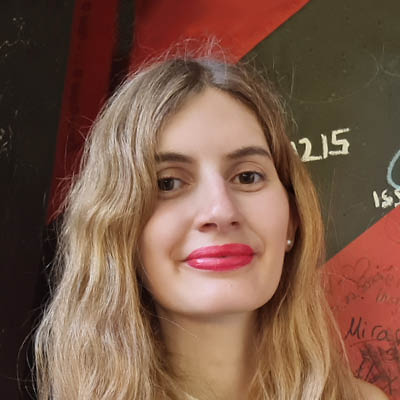What you will learn
- When we want to achieve a diversity of strengths, we need to nurture a culture of acceptance.
- Neurodivergency is not a sickness. It's a trait.
- I can use my strengths to build up my own strategies to overcome my weaknesses.
Session Details
- Introductory
- 45 Minutes
- Includes 15mins Q&A
- Diversity, Equality, and Inclusion
Check out this video from Viviane Hennecke as she introduces her talk How I am Unfolding my Potential as a Neurodivergent in Testing.
See you in Antwerp for EuroSTAR 2023.
Session Speaker

Viviane Hennecke
Associate Manager – Accenture, Germany
Viviane’s focus is on structured improvements of quality processes in scaled agile product development initiatives. For that, she is combining testing experience with her background in communication management and training skills. This combination supports in defining and improving quality assurance processes, documenting and communicating them, and bringing them to life.
After working in project management at a small digital strategy consulting firm, she joined Accenture in May 2018. Completing a trainee in “Business Analysis and Testing” she took different roles that were all related to quality assurance in scaled-agile transformations such as agile tester, agile test coach, test manager for hybrid projects, and lean-quality coach. On the side she was co-creating a train-the-trainer training, collected speaker experiences, wrote articles, and contributed to a book, among other things. Overall, she is quite keen in exchanging with the testing community.
Stay in The Loop
Subscribe to our newsletter and never miss important announcements, updates and special offers from EuroSTAR.





